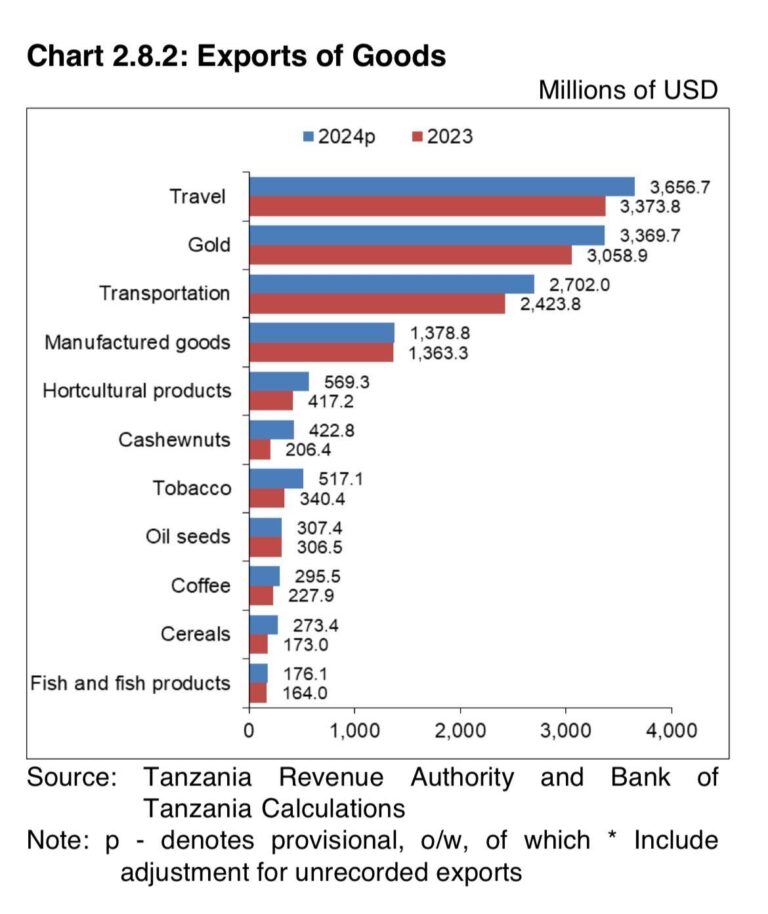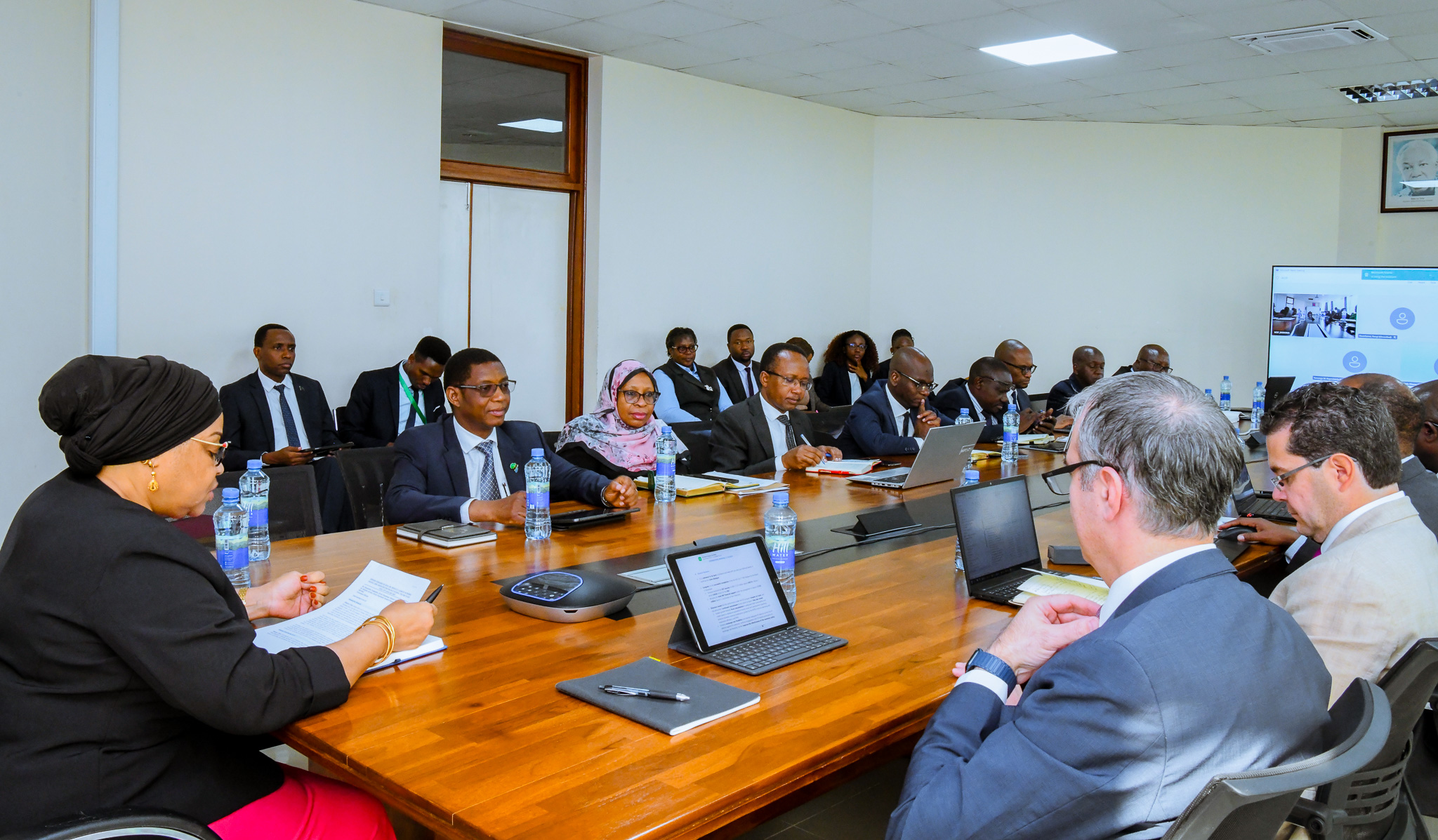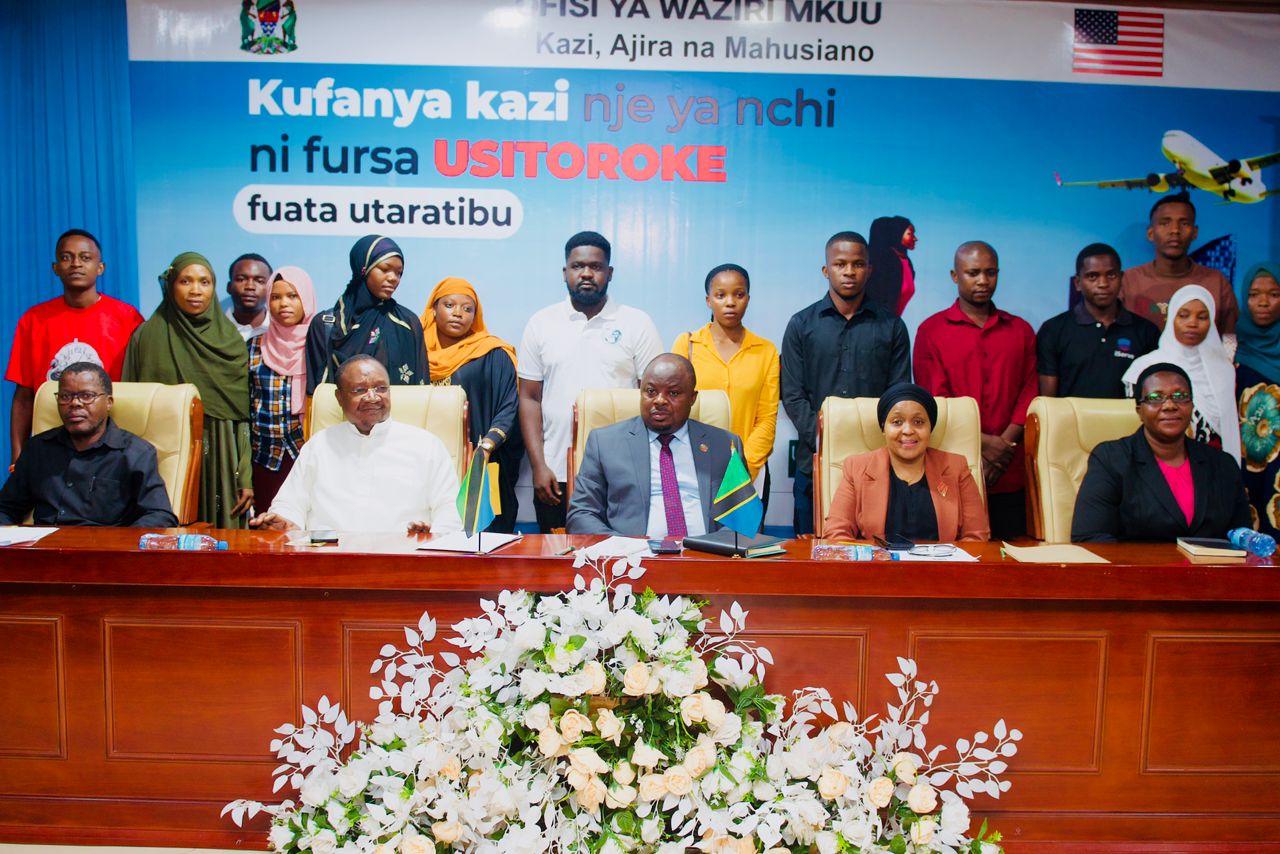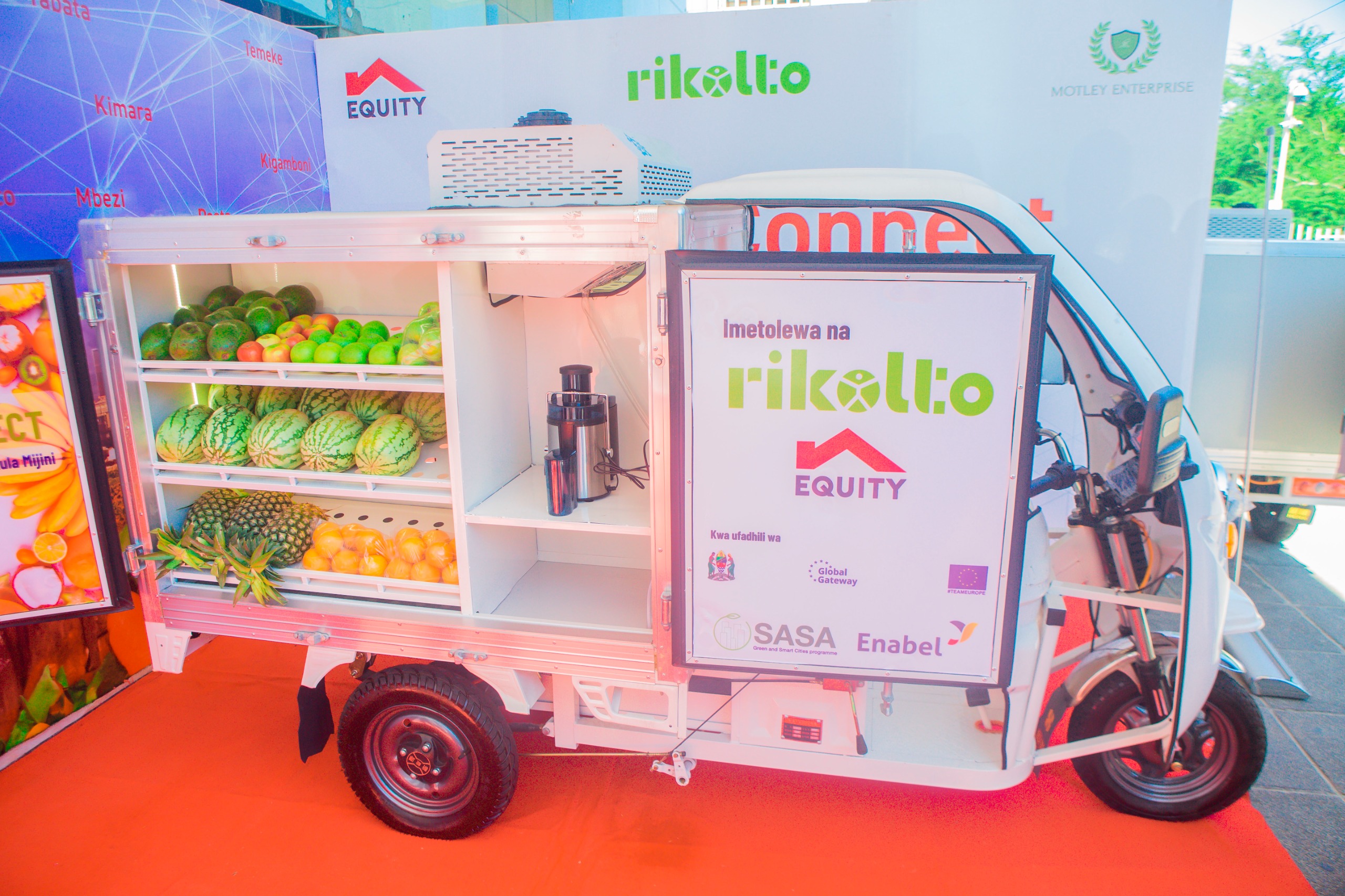Dar es Salaam—In 2024, Tanzania’s foreign trade exhibited remarkable growth, primarily fueled by gold exports and a burgeoning tourism sector.
This development not only highlights the resilience of the Tanzanian economy but also has profound implications for the nation’s socio-economic landscape.
The recent data from the Bank of Tanzania (BoT) reveals a significant improvement in the country’s trade balance.
The narrowing of the current account deficit to $2.11 billion (about Sh5.2 trillion) from $2.95 billion (about Sh7.3 trillion) in 2023 reflects a substantial reduction in the disparity between exports and imports—by 28.6 percent.
This trend indicates a positive trajectory for Tanzania’s economic health, suggesting that the country is gradually moving towards a more self-sufficient economy.
The increase in total exports of goods and services by 15.1 percent, reaching $16.09 billion (about Sh39.9 trillion) in December 2024, is noteworthy.
This growth was attributed largely to two sectors: tourism and gold mining, both of which are critical not only for revenue generation but also for job creation and foreign investment.
Tourism stands out as a leading dollar earner, contributing $3.65 billion (about Sh9.1 trillion), up from $3.37 billion (about Sh8.4 trillion) in 2023.
This sector’s success is crucial for Tanzania, known for its breathtaking landscapes, diverse wildlife, and rich cultural heritage.
The government’s sustained investment in tourism infrastructure and promotional campaigns has yielded dividends, enabling Tanzania to attract international visitors and enhance its global standing.
The implications for local communities are profound—tourism creates jobs, supports local businesses, and fosters cultural exchange.
However, it is essential to ensure that the benefits of tourism are equitably distributed among Tanzanians to avoid economic disparity.
On the other hand, gold exports have similarly shown impressive growth, reaching $3.36 billion (about Sh8.3 trillion) and accounting for 36.8 percent of total goods exports.
The favorable international market conditions for gold not only affirm Tanzania’s role as a significant player in the global gold market but also underscore the importance of mineral resources in driving economic stability.
The mining sector, particularly gold, is critical for attracting foreign direct investment and generating revenue for government projects, including infrastructure development and social services.
Moreover, traditional commodity exports—such as cashew nuts, tobacco, and coffee—added $1.37 billion to trade revenues, reinforcing the agricultural backbone of Tanzania’s economy.
These commodities are vital for rural livelihoods and contribute significantly to food security.
The increase in foreign exchange reserves to $5.5 billion, sufficient to cover 4.5 months of projected imports, aligns with national and East African Community (EAC) benchmarks, indicating a stable economic outlook.
This reserve is critical for maintaining currency stability and ensuring that Tanzania can meet its international financial obligations, a factor that directly impacts inflation rates and purchasing power for Tanzanians.
Despite these positive developments, the rise in imports of goods and services to $16.78 billion from $16.05 billion in 2023 raises concerns about the country’s dependency on foreign products.
Key imports include industrial goods and refined petroleum, indicating that while export growth is promising, it is vital for Tanzania to develop its manufacturing capabilities to reduce import reliance and enhance local production.







